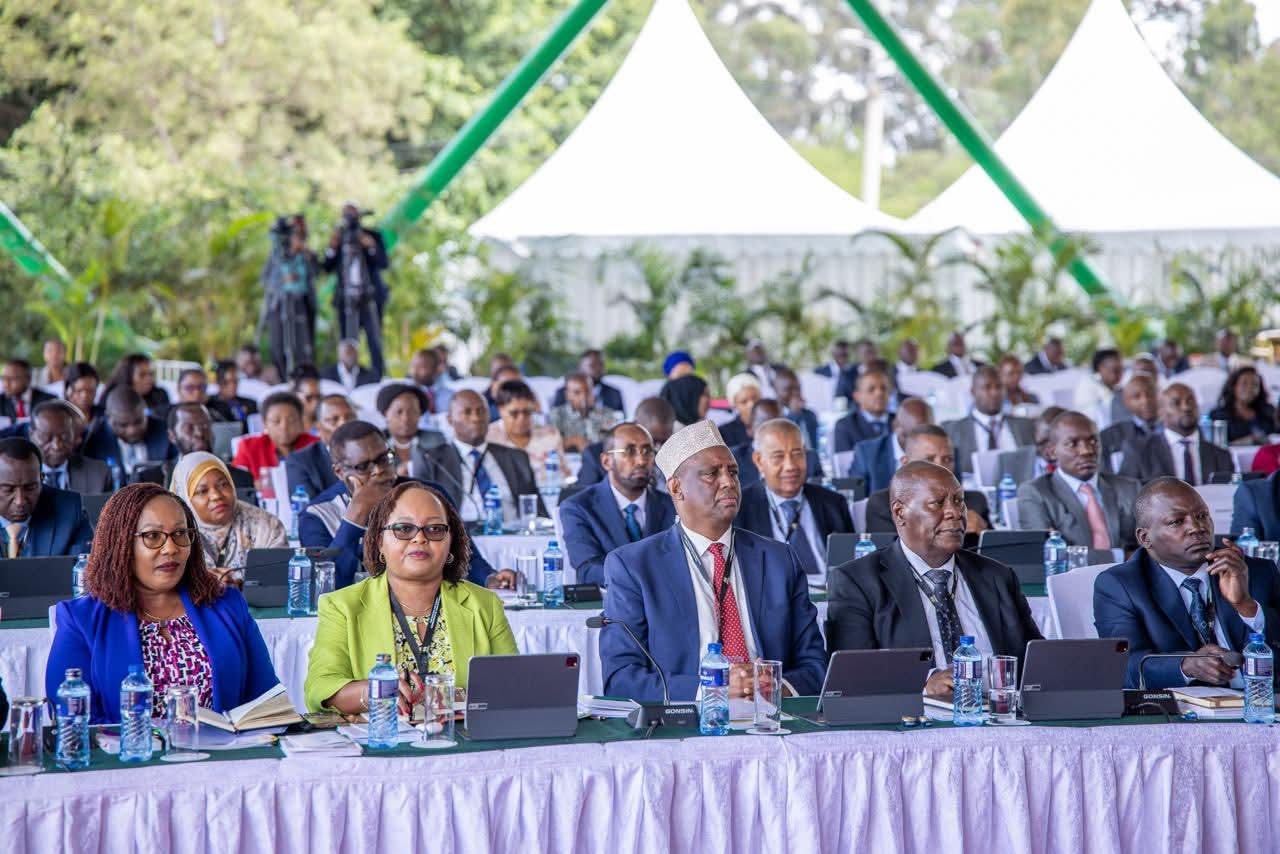Kenya's foreign direct investment falls despite digitisation measures

Though the country witnessed a 65 per cent per cent flow increase, the FDI inflow declined from $1.59 billion (205 billion shillings) in 2022 to $1.5 billion (193 billion shillings) in 2023.
Kenya has recorded low financial gain from foreign direct investment (FDI) flow despite increased digitisation measures to ease the process for foreigners registering their businesses via the eCitizen platform.
Though the country witnessed a 65 per cent per cent flow increase, the FDI inflow declined from $1.59 billion (205 billion shillings) in 2022 to $1.5 billion (193 billion shillings) in 2023.
The 2024 report by UN Trade and Development notes that Ethiopia took the lion's share of the FDI in the East African bloc.
More To Read
- National Infrastructure Fund criticised as civic group questions Ruto’s Singapore vision
- Atwoli warns opposition to Sovereign Wealth Fund risks stalling Kenya’s economic transformation
- Fuel prices hold steady for December–January despite fluctuating global oil costs
- President Ruto pitches National Infrastructure Fund as engine for long‑term growth
- Kenya ranked Africa’s most competitive economy in International Institute for Management Development 2025 Index
- Ruto unveils Sh4 trillion development plan to propel Kenya to first-world status
Despite recording a decrease of 14 per cent, Ethiopia received Sh476 billion, becoming the largest beneficiary of FDI in the region. Uganda's FDI grew by 39 per cent to Sh193 billion, while Tanzania's flow increased by 8 per cent to Sh142 billion.
According to the UN agency, Africa generally recorded a decline in finance deals by 47 per cent from 140 billion dollars in 2021 to 70 billion dollars. However, the number of international projects increased by 15 per cent to 157.
The report shows a fall in the global economy in 2023 by 2 per cent, or $1.3 trillion. The main reasons were crises, protectionist policies, and realignments that disrupted the world economy, trade networks, and global supply chains.
"This undermines the stability and predictability of global investment flows, creating both obstacles and isolated opportunities," the report notes.
FDI inflows to the continent declined by 3 per cent in 2023 to 6.8 trillion ($53 billion).
The report says Europe was the largest investor in African FDI stock, with the United Kingdom in the lead ($60 billion), followed by France at $54 billion (Sh6.9 trillion), and the Netherlands at $54 billion (Sh6.9 trillion).
"Global foreign direct investment fell by 2 per cent in 2023 amid an economic slowdown and rising geopolitical tensions," the report stated.
However, Africa attracted a good share of global greenfield megaprojects, with six valued above $5 billion (Sh643.4 billion).
The UN body states that significant investment in clean energy sends a positive signal.
However, the value of international project finance deals fell by half in 2023, to $64 billion (8.2 trillion shillings), following a 20 per cent drop in 2020.
"Industries related to renewable energy and power generation registered large drops in both values and numbers," states the report.
Ethiopia's success can be attributed to public-private partnerships (PPP) and private negotiations with foreign firms.
Top Stories Today














































